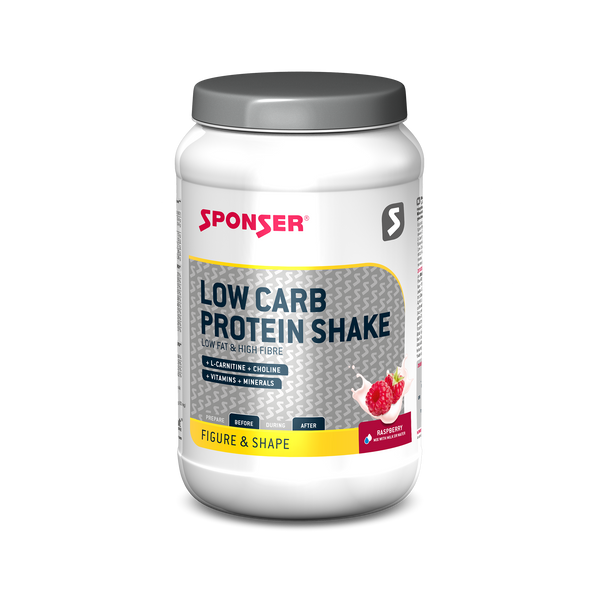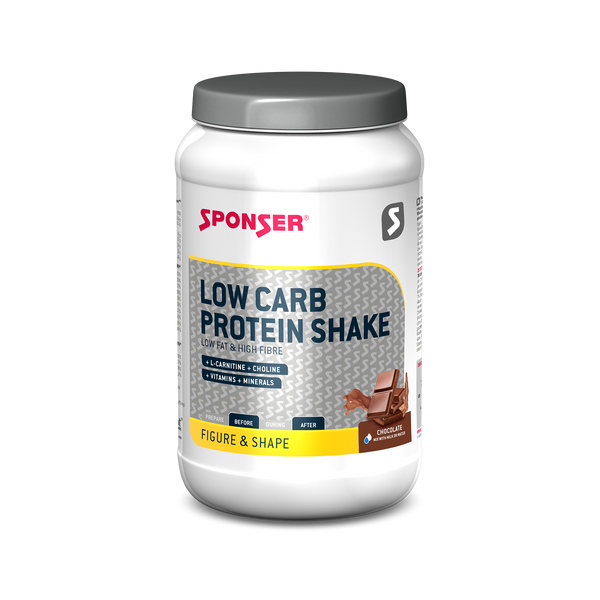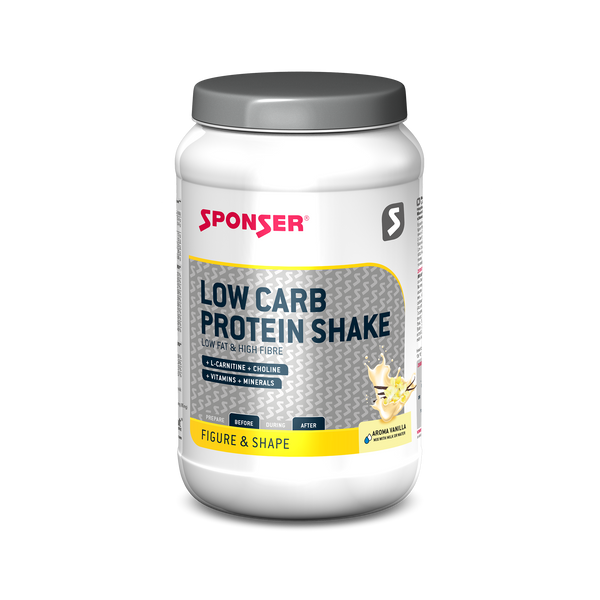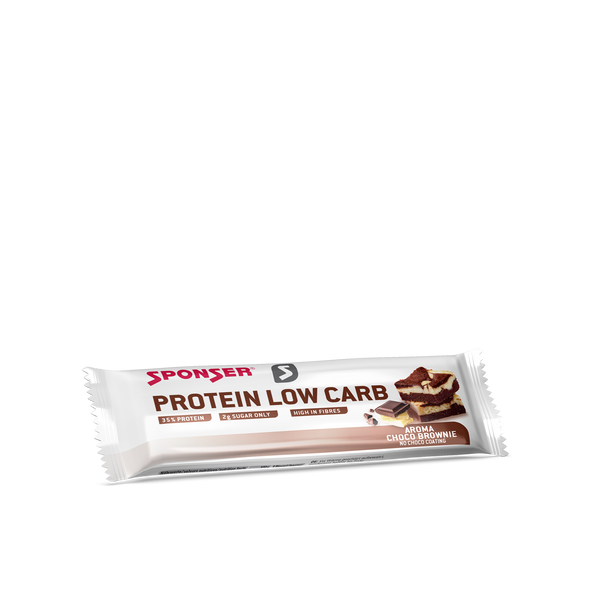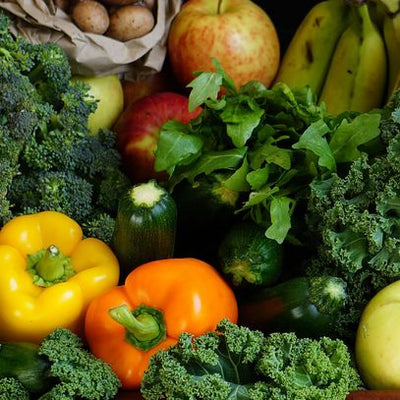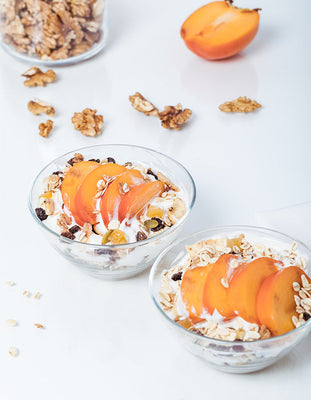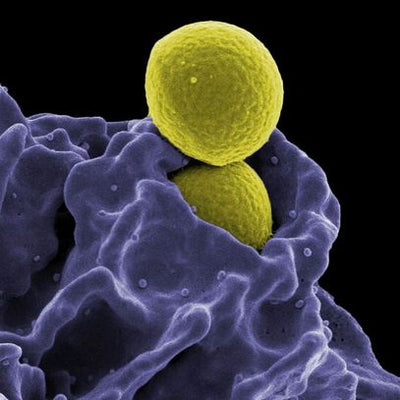
Basic facts explained simply
The large intestine (colon) is colonised by a multitude of microorganisms such as yeasts, lactobacilli, bifidobacteria and fungi, which have a great influence on our daily well-being. Because overall intestinal function comprises much more than solely our digestive organ’s physiological properties. Since the intestinal microorganisms themselves also produce metabolic end products, a large number of biologically active substances are produced that directly and indirectly affect our well-being, in particular our immune system. For example, certain microorganisms produce short-chain fatty acids, which in turn have health-promoting functions. The primary site of action and the specific function of probiotics differ depending on a particular strain and can be located in the small or large intestine.
There is also a direct connection between the entity of the intestinal flora (microbiome) and the brain, the so-called gut-brain barrier. For example, the microbiome has an influence on hormonal hunger-satiety control. Scientific hypotheses already consider body weight being directly dependent from the microbiome, among other things.
The future significance of the microbiome
Research on the microbiome is still in its infancy. However, as soon as it is defined which microbiome composition we benefit most from physiologically, we will be able to further influence our gut health and well-being, and hopefully benefit from a variety of therapeutic options to target symptoms that we currently just treat with a best-guess approach. However, it is already clear that there is no universal, optimal microbiome composition, but that many individually variable, genetic and environmental factors have a major influence. However, there are many examples of current and future applications for pro- and prebiotics:
• for the prophylaxis of travellers' diarrhoea
• for chronic constipation
• infections of the throat, nose, ears and other minor infections such as urinary tract infections
• prevention of neurodermatitis and allergies
• Prevention of chronic inflammatory bowel diseases
Prebiotics for gut health and well-being
Prebiotics provide the body with specific dietary fibres that promote the proliferation of desirable microorganisms in the large intestine, and thus act as a first line of defence against pathogenic germs. The daily intake of prebiotics in the form of fresh vegetables, fruit, sugar-free yoghurts as well as fibre-rich bars and shakes (PROTEIN LOW CARB BAR or LOW CARB PROTEIN SHAKE by SPONSER®) can thus make a natural contribution to general well-being and health.
Related articles
on » health
on » immune system
shop » health & vitality
goal » healthy lifestyle
Literature
Sanders, M. E. et al. (2019): Probiotics and prebiotics in intestinal health and disease: from biology to the clinic, in: Nature Reviews Gastroenterology & Hepatology volume 16, pages605–616(2019).
Author: Yvonne Forster
dipl. eng. food sciences UAS
dipl. dietitian HS














